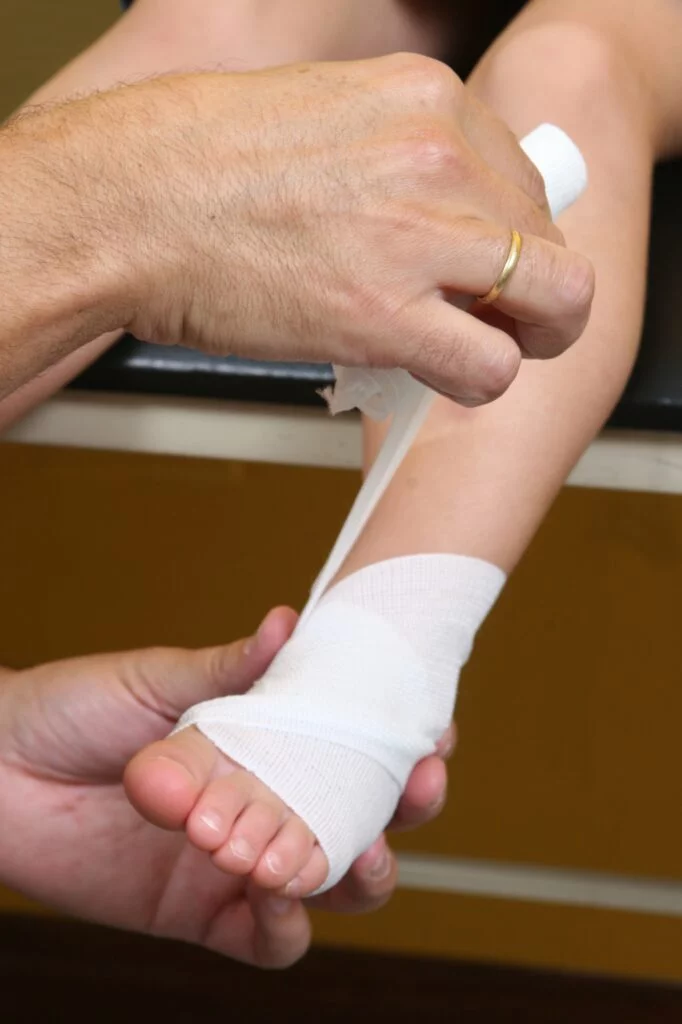People turned to one of the most basic forms of human exercise at their greatest time of stress and uncertainty. The COVID-19 pandemic presented numerous challenges for everyone, right down to limiting the joy of daily exercising or doing activities and sports that we took for granted.
Running has provided a way for people to burn off the pent-up energy and frustration. But taking up a new activity, or taking up a high intensity activity late in life is bound to cause problems if it is not done correctly. Many new runners end up with various foot and ankle issues due to intense running and one of the top complaints among runners is tendonitis.
Causes of Tendonitis in Runners
- Sudden rise in intensity of routine.
- Sudden increase in duration of practice.
- Any kind of pressure on the Achilles tendons.
- Flat arches that tend to strain the Achilles tendon.
- Wearing worn out shoes which do not support the heel and foot arch.
- Training on hilly terrains.
- Running in cold weather conditions.
- Overworked tendons.
- People over a certain age are more at risk.
- Obesity can put more pressure on tendons.
How Can Runners Prevent Tendonitis?
- Walk for a few minutes before you run.
- Develop strong calves with calf strengthening exercises – rise up on the balls of your feet and take 10 seconds to lower your heels to the ground.
- Avoid sudden increase in running.
- Ease into a new running plan gradually.
Best Way to Treat Tendonitis
If you get tendonitis in spite of taking precautions, you can take steps to manage it. These include:
- Lowering activity level till pain wears off.
- Applying ice.
- Resting between activities or during activities.
- Avoiding a new running plan.
- Massage therapy.
- Anti-inflammation and pain medication.
- Topical pain-relieving creams.
If the pain does not get better, it is important to see a podiatrist. A podiatrist will check your footwear and make recommendations, and give you an exercise program that will strengthen calf muscles. He/she may also prescribe heel cups, night splints or a full length immobilizing orthotic to help manage your tendonitis.

